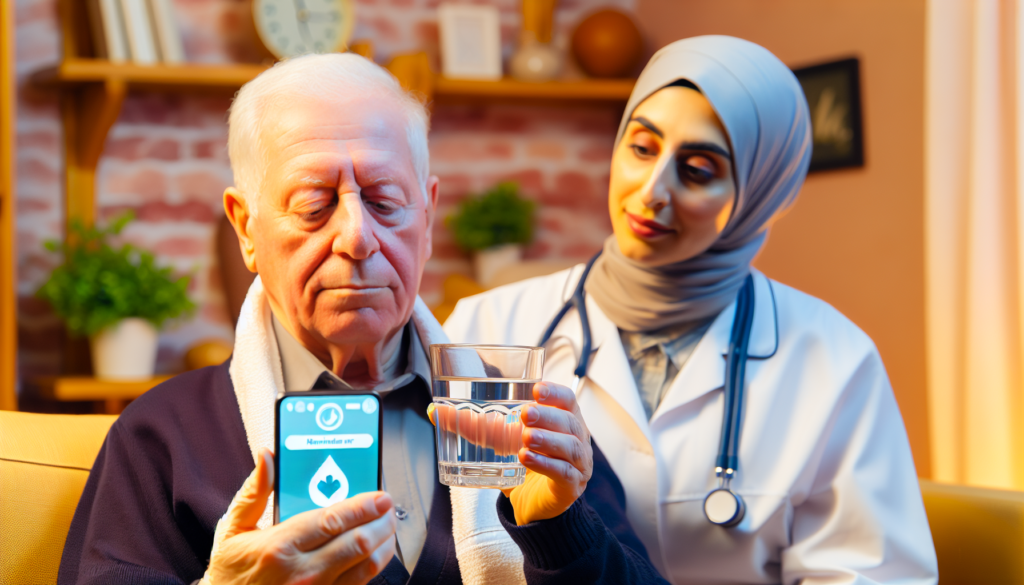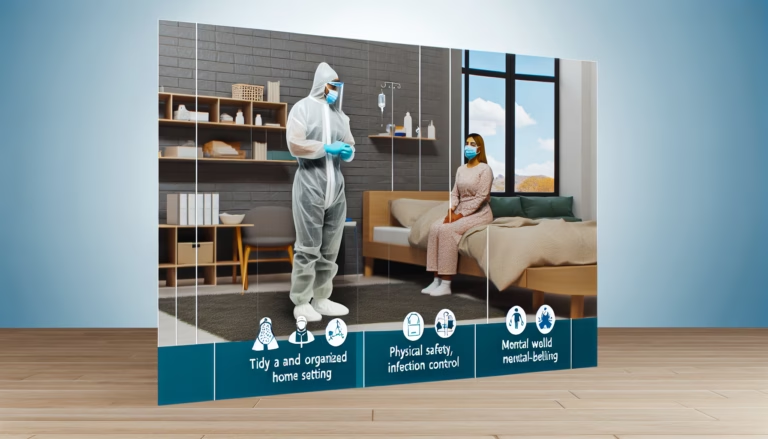With summer in full swing and temperatures soaring, it’s critical to stay hydrated. For those navigating home health care, this can be particularly challenging, especially for those with certain health conditions. Ensuring appropriate hydration can seemingly be an overlooked aspect of health, but it’s a major key player in maintaining optimum health and managing overall well-being.
Water makes up roughly 60% of our body weight. It’s involved in many crucial bodily functions and is essential for heart health, brain health, and maintaining optimal body temperature. It flushes out toxins, aids digestion, helps maintain youthful skin, and has countless other benefits. But it’s not just the average person who needs to keep up water intake – home health care patients need to be particularly vigilant, as they can be more prone to dehydration due to medication side effects, mobility issues or the effects of their particular health condition.
Why Hydration Matters
Regular, adequate water consumption can help manage a number of chronic conditions. It can prevent urinary tract infections, constipation, and even reduce asthma symptoms, as dehydration can produce thicker mucus in the lungs. For diabetics or those with glucose management issues, drinking plenty of water can help control blood sugar by assisting in insulin production.
Tips for Hydration
The question then, is, how do we ensure our loved ones at home, or we ourselves, stay well-hydrated? Here are some practical steps:
- Set a schedule: Drinking at regular intervals can ensure that you’re maintaining sufficient hydration without feeling overwhelmed.
- Make it tasty: If you find plain water boring, try infusing it with fresh fruits, herbs, or a splash of juice.
- Use an app: There are plenty of free apps available that can remind you to drink water at regular intervals throughout the day.
- Food also counts: Foods like cucumbers, watermelon, and oranges contain a high percentage of water and can be a delicious way to up your hydration level.
- Keep a bottle handy: Having a bottle of water within easy reach will remind you to sip even when you’re not feeling thirsty.
Recognizing Dehydration
Signs of dehydration can include thirst, dry mouth, fatigue, dark urine, and headaches. In home health care patients, especially the elderly, these may be overlooked or attributed to their underlying condition. As a caregiver or family member, it’s essential to be aware of these signs and ensure that appropriate steps are taken to maintain hydration levels.
While staying hydrated is a universal need, every person’s health status and requirements are unique. If you’re a home health care patient or tending to someone who is, always consult with the physician or nurse to make sure you understand the individual hydration needs and how best to fulfill them.
Hydration is just one piece of the puzzle to maintaining optimal health at home. While it might seem like a small and simple step, its impact can be substantial. So this summer and beyond, let’s raise a glass (of water, of course!) to our health.



